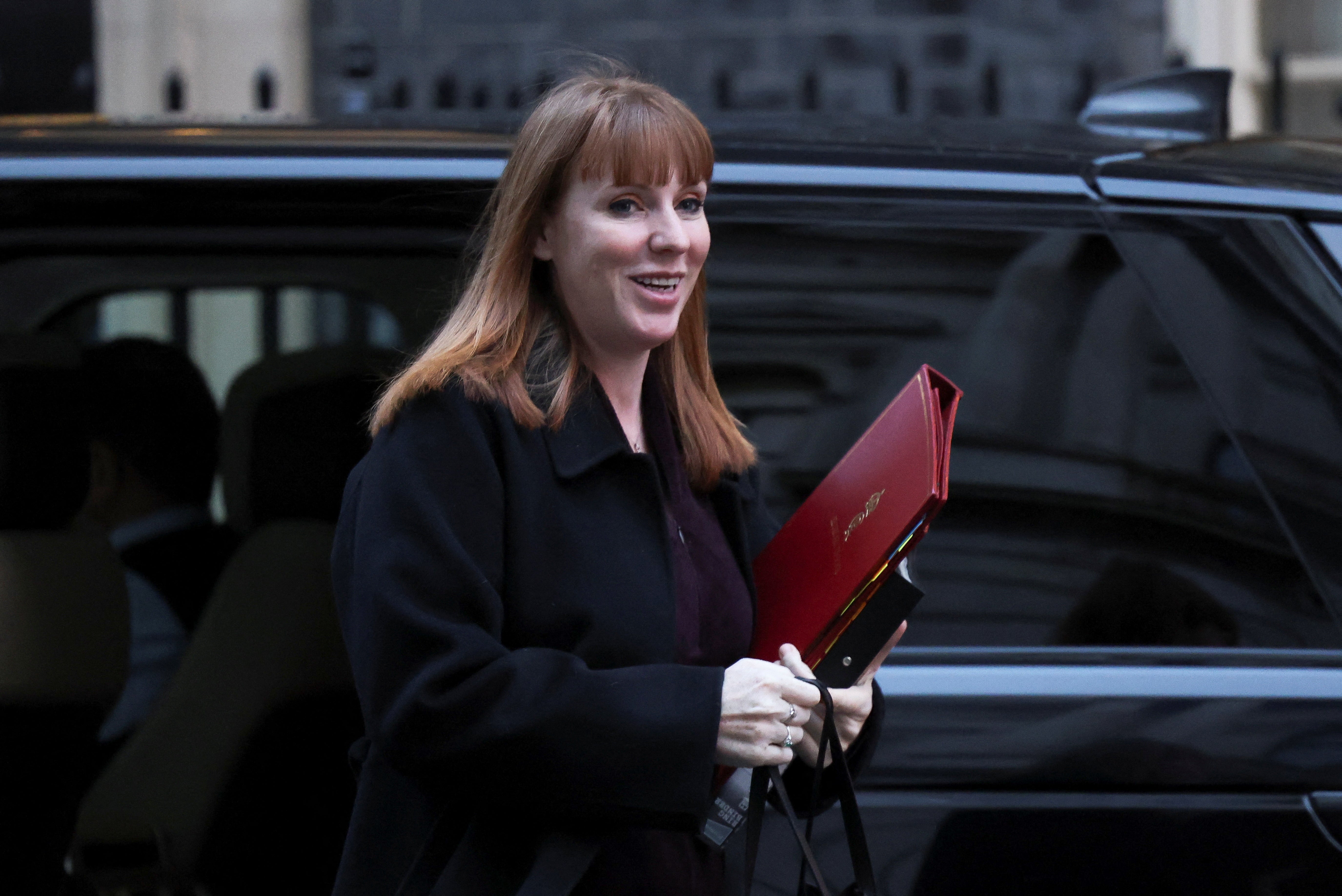Landlords to be banned from asking for several months rent upfront under Labour plans
Under current rules landlords are able to request thousands of pounds in upfront rent payments, prompting concern that people will be forced to take on debt to secure a tenancy
Your support helps us to tell the story
From reproductive rights to climate change to Big Tech, The Independent is on the ground when the story is developing. Whether it's investigating the financials of Elon Musk's pro-Trump PAC or producing our latest documentary, 'The A Word', which shines a light on the American women fighting for reproductive rights, we know how important it is to parse out the facts from the messaging.
At such a critical moment in US history, we need reporters on the ground. Your donation allows us to keep sending journalists to speak to both sides of the story.
The Independent is trusted by Americans across the entire political spectrum. And unlike many other quality news outlets, we choose not to lock Americans out of our reporting and analysis with paywalls. We believe quality journalism should be available to everyone, paid for by those who can afford it.
Your support makes all the difference.Landlords will soon be banned from asking for several months’ worth of rent in advance as Labour adds more rules to its upcoming law for renters.
Advance payments will instead be capped at one month’s rent under the Renters’ Rights Bill to be voted on later this year. It is the latest slate of changes to the private rental sector in Britain that the government is planning.
Under current rules, private landlords are able to request thousands of pounds in upfront rent payments, prompting concern that people will be forced to take on debt to secure a tenancy. The new legislation will still allow for a month’s rent to be requested in advance, and a deposit of up to six weeks’ rent.
The change was as an amendment to the bill by housing secretary Angela Rayner, who said: “We’re putting an end to renters being ripped off by outrageous upfront costs that leave them struggling to make ends meet or locked out of housing altogether.
“Our Renters’ Rights Bill will transform the rights of 11 million private tenants, ending rental bidding wars and abolishing ‘no fault’ eviction, making the system fairer and giving renters more security, stability and protections.”

However, landlords have reacted negatively to the changes, saying the policy will give them fewer avenues to ensure that prospective tenants are reliable and able to pay their rent.
Responding to the amendment, Chris Norris, policy director for the National Residential Landlords Association, said: “The government is cutting off any assurance responsible landlords might seek when renting to those who cannot easily prove their ability to sustain tenancies and pay their rents. In the end those who will suffer most are those the government most wants to help.
“Ministers must provide clarity on how tenants unable to easily demonstrate their ability to afford and sustain their tenancies should do so.”
Meanwhile, the change has been welcomed by renters’ rights groups. Tom Darling, director of the Renters’ Reform Coalition, said: “For too long, extortionate rent in advance demands have allowed landlords to discriminate against poorer renters.
“It’s great the government have acted on this and listened to renter groups by setting out clearly that this practice will be prohibited.”
Currently in its committee stage, the government’s landmark Renters’ Rights Bill is expected to pass later this year. It will bring in several major changes, including an end to the use of controversial ‘no-fault’ Section 21 eviction notices.

Join our commenting forum
Join thought-provoking conversations, follow other Independent readers and see their replies
Comments